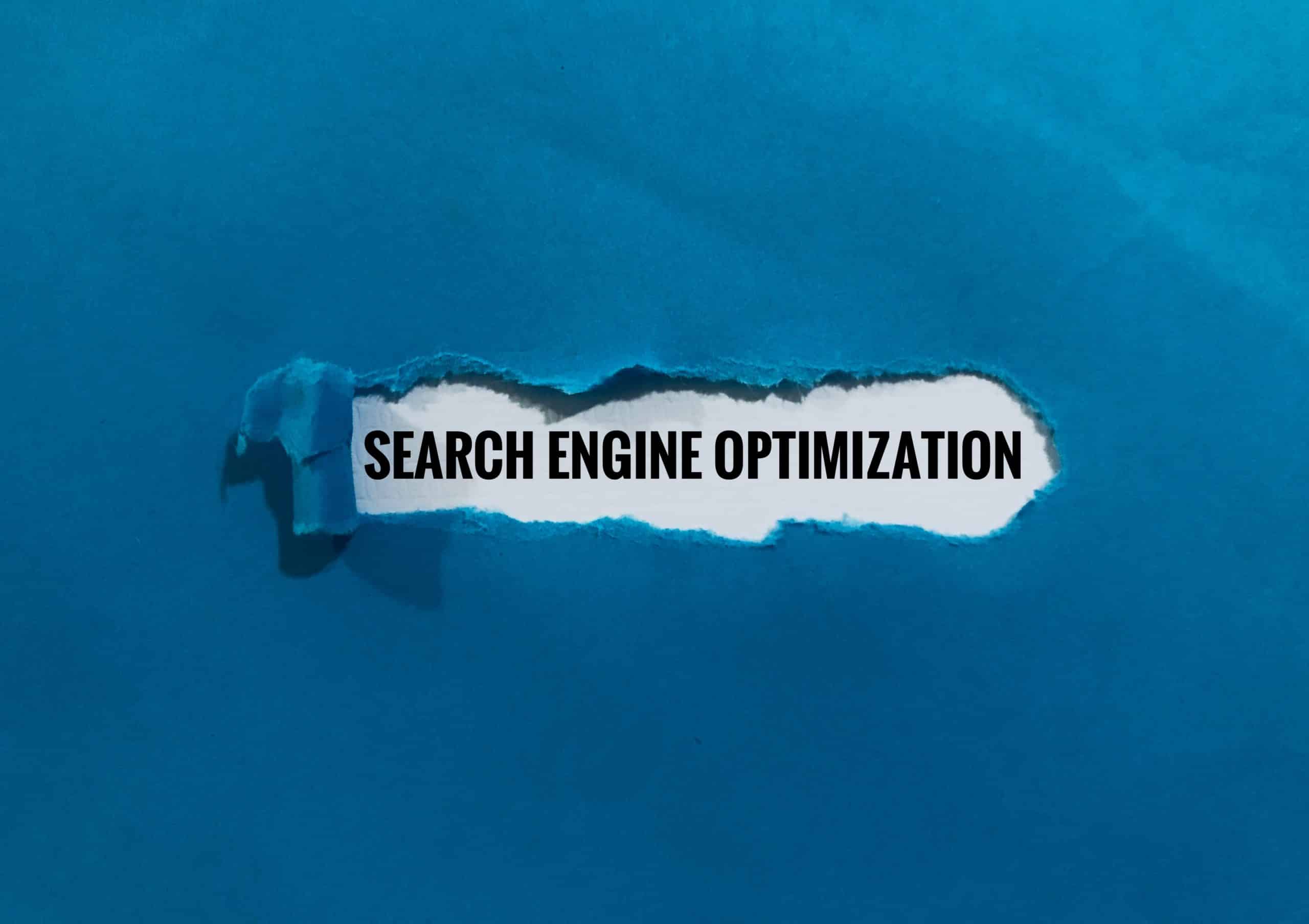The integration of Artificial Intelligence (AI) into public services is redefining the future of public-sector frameworks. With its potential to streamline processes, enhance operations, and deliver unparalleled efficiency, AI is swiftly becoming an indispensable tool in government systems. As you consider the role of AI in the public sector, we delve into how this technology can be leveraged for enhancing UK’s public service delivery.
Understanding the Role of AI in Public Services
Artificial Intelligence refers to the development of computer systems capable of performing tasks that usually require human intelligence. It is the backbone of advanced technologies such as machine learning, predictive analytics, and natural language processing. When incorporated into public services, AI can revolutionize the way governments operate and engage with the public.
Dans le meme genre : What Is the Role of Public Art in Revitalizing UK Urban Spaces?
For instance, in the healthcare sector, AI can predict disease outbreaks, improve diagnostic accuracy, and personalize patient care. In transportation, it can optimize traffic management, enhance public safety, and facilitate the transition to autonomous vehicles. The potential applications of AI in the public sector are vast and varied.
However, leveraging AI for public service delivery is not without its challenges. It requires careful navigation of regulatory landscapes, cautious management of data privacy concerns, and strategic mitigation of technological risks.
A lire en complément : What Are the Challenges of Establishing a Lunar Research Base?
Building a Governance Framework for AI
To successfully leverage AI in the public sector, governments need a robust governance framework. This will provide a structure for the responsible use of AI while ensuring that it aligns with public interests.
The framework should outline how AI will be used, what data will be utilized, and who will have access to it. It should also detail how AI-driven decisions will be audited and how data privacy will be protected. Alongside, the framework needs to address potential risks associated with AI, such as biased decision-making or data breaches.
Moreover, the framework should stipulate the roles and responsibilities of various actors in the AI ecosystem. This includes the public sector agencies that deploy AI, the private sector companies that develop AI technologies, and the regulators who oversee their use.
Ensuring Regulatory Compliance
As AI systems become increasingly integrated into public service delivery, governments need to ensure they comply with existing regulations. Regulatory compliance is crucial to maintaining public trust and avoiding legal pitfalls.
Regulators have a pivotal role in providing oversight for the use of AI in public services. They need to understand the intricacies of AI technologies, keep abreast of the rapidly evolving AI landscape, and adapt existing regulations to accommodate these changes.
For instance, data protection regulations need to be updated to account for the unique risks posed by AI. This could include measures to prevent algorithmic bias, ensure data accuracy, and protect against unauthorized data access.
Cultivating a Culture of Innovation
To effectively leverage AI, governments need to foster a culture of innovation. This involves encouraging experimentation, embracing failure as a learning opportunity, and promoting cross-sector collaboration.
Government agencies should be empowered to experiment with AI in a controlled environment, learning from their failures and iteratively improving their approaches. They should also be encouraged to collaborate with the private sector, academia, and civil society to tap into a broader pool of expertise and resources.
Moreover, the public should be engaged in the process of AI integration. This could involve soliciting public input on AI policy decisions, promoting transparency in AI operations, and educating the public about the benefits and risks of AI.
Harnessing the Power of Data
Data is the fuel that drives AI. The quality, accuracy, and accessibility of data can significantly impact the effectiveness of AI applications.
Governments need to ensure they have the necessary data infrastructure in place to support AI. This includes secure data storage facilities, robust data management systems, and effective data sharing mechanisms.
Moreover, governments need to prioritize data quality and accuracy. Inaccurate or poor quality data can lead to flawed AI outputs, undermining public trust in AI-enabled services. Therefore, data verification and validation processes should be integral components of any AI strategy.
The successful integration of AI in public sector services could mark a new era of efficiency and effectiveness. However, achieving this requires thoughtful strategy, robust governance, and an unwavering commitment to innovation and compliance. As you embark on this journey, remember that while AI offers incredible opportunities, it also demands careful consideration and responsible use.
Implementing AI Responsibly in the Public Sector
Understanding how to properly implement AI in the public sector is crucial for effective service delivery. Responsible innovation is the cornerstone of integrating AI in public services. It is about ensuring that the deployment of AI is beneficial to the public, that it respects data protection laws, and that it is transparent in its operations.
The UK government, under the directive of the Prime Minister, has issued a white paper addressing the right approach to responsible innovation. This includes making sure that AI systems are transparent and explainable. This means that every AI decision-making process can be understood and scrutinised, fostering public trust in AI systems.
The white paper also details the importance of safety and security in AI systems. The government will make sure that AI systems cannot be exploited by malicious actors, protecting public services and the data they hold.
Moreover, the white paper addresses the importance of public engagement in AI decision making. The public will have the opportunity to voice their opinion on the use of AI in public services, ensuring that AI systems are used in a way that benefits all.
In conclusion, the UK government is committed to supporting innovation in the public sector by integrating AI in a responsible, transparent, and secure manner. By doing so, it aims to enhance service delivery while maintaining public trust in government operations.
Conclusion: Embracing AI for the Future of Public Services
In the context of a rapidly evolving digital landscape, the integration of AI into public services is no longer a futuristic concept, but a reality. The potential of AI to enhance operations, streamline processes, and deliver top-tier efficiency in service delivery is evident. From healthcare to transportation, AI has the capacity to transform a multitude of sectors within the public service.
However, the use of AI in public services also comes with a set of challenges that require careful navigation. From setting up a robust regulatory framework to ensuring data protection, the road to AI integration is a complex one. The role of the government is instrumental in this journey, ensuring that the deployment of AI in public services is guided by principles of responsible innovation and transparency.
The path forward for the UK’s public sector lies in harnessing the power of AI while maintaining the public’s trust. A shift in mindset is required, with government agencies embracing a pro-innovation attitude. The public sector needs to understand that the integration of AI is not a risk but an opportunity to enhance service delivery.
In the words of the Prime Minister, "AI is the future of public services". As we step into a new era of digital transformation, the UK is committed to leveraging AI for the benefit of its citizens, ensuring efficient, effective, and trustworthy public service delivery. With a dedicated focus on fostering a culture of innovation, prioritising regulatory compliance, and cultivating public trust, the UK is well on its way to becoming a global leader in AI-enabled public services.






